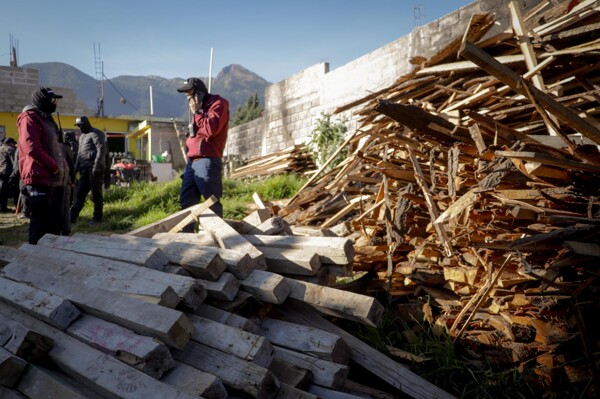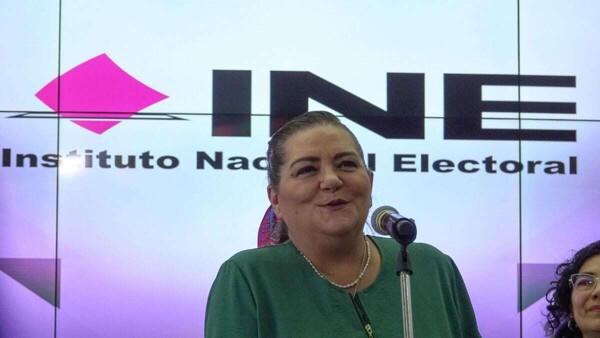
The process to choose the new president of the National Human Rights Commission (CNDH) took an unexpected turn when Adán Augusto, representing President Andrés Manuel López Obrador, announced that the state decision was for Rosario Piedra to occupy the position again. This message interrupted the possible election of Nashieli Ramírez, president of the Commission in Mexico City, who seemed to be considered for the position.
On the other hand, while the issue of the CNDH presidency is being discussed, the process of renewing the Judiciary is also underway. A call has been opened for those interested in competing for a position to register and seek the necessary endorsements. Arturo Zaldívar mentioned that there are 81 candidates for the Court and emphasized that the voters will need to write the names of those they want to be part of it, which presents technical difficulties and questions true citizen participation in such a complex process.
Retired minister Lenia Batres, who is gathering support from the Morena base, could obtain ratification in the Court and achieve the necessary votes to become president of the Judiciary in the next two years. This scenario raises questions about how the elections will unfold amid a politically charged process filled with strategic decisions.
Additionally, there is reflection on the possible reelection of Rosario Piedra as head of the CNDH, a process that seems to be influenced more by political pressure and decisions than by the candidates' own merits. The autonomy and balance of powers in constitutional autonomous institutions are called into question in these situations.
In another scenario, the proposal from the Morena party to eliminate several constitutional bodies is being discussed, arguing that not all have true constitutional autonomy. The fusion of various agencies and the possible disappearance of some is proposed, which could have implications for institutional stability and relations with countries like the United States and Canada within the framework of the USMCA. Uncertainty and political noise surround these decisions, raising concerns about trust in the country's democratic institutions.














